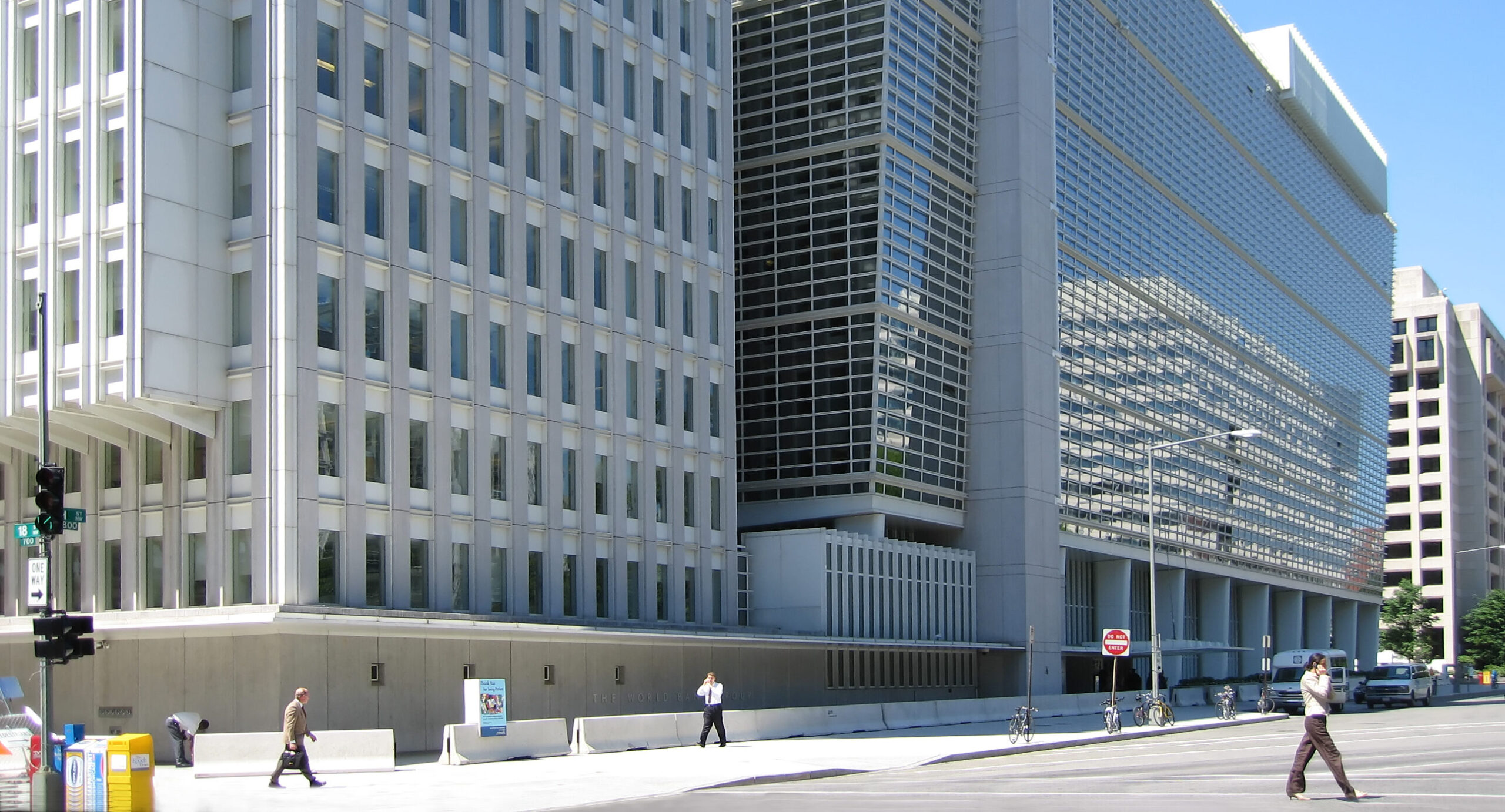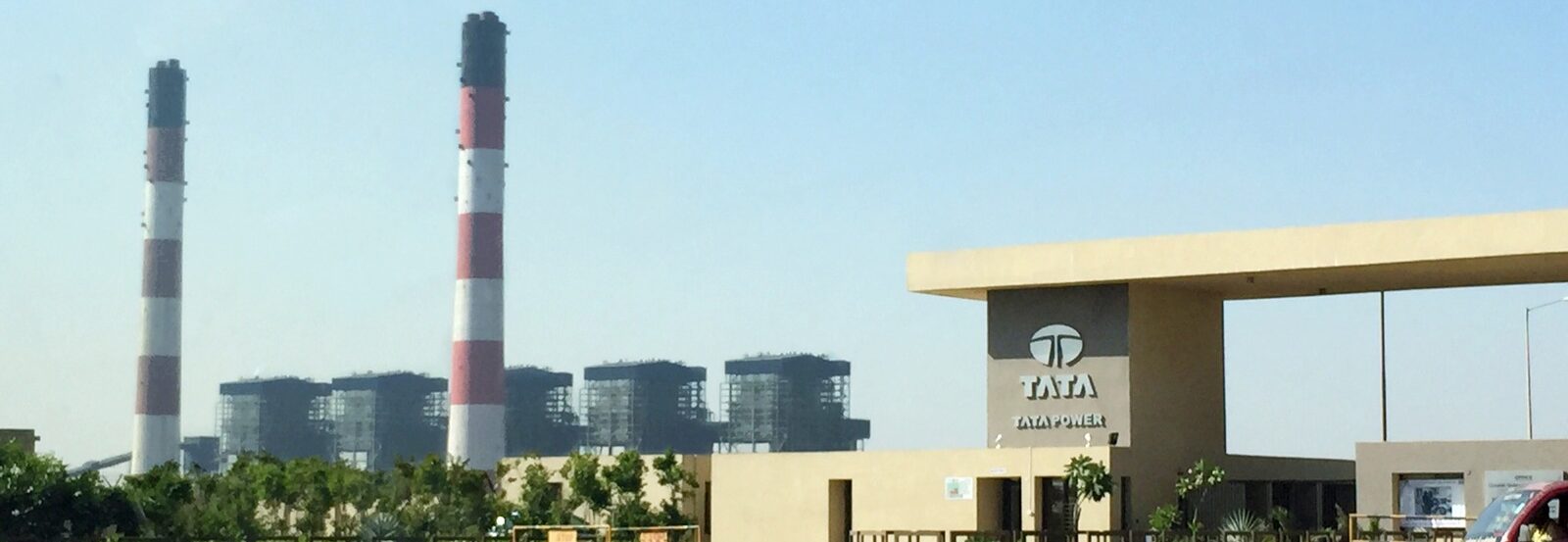This week, all eyes are on the International Finance Corporation (IFC) , the lending arm of the World Bank Group, as its revised “Approach to Remedial Action” that is intended to govern how IFC responds to instances where its projects result in harm to local communities will be presented to board members. With the IFC and the broader World Bank Group caught up in a number of high profile scandals that have undermined public trust in the institutions, particularly the alleged cover up of sexual abuse resulting from its investments that has prompted an external investigation, the stakes are high.

This policy effort comes after decades of advocacy, and especially increased scrutiny and public awareness of the crisis of accountability at IFC in recent years. As the private sector lending arm of the World Bank Group, IFC’s stated mission is to end poverty and promote development while doing “no harm” to people and the environment. But too often IFC’s projects have resulted in significant harm to individuals and communities living near its projects and neither IFC nor its borrowers virtually ever take meaningful action to remedy such harm, leaving communities worse off – a phenomena often referred to as the “remedy gap.”
This was the experience of communities harmed by the IFC-funded Tata Mundra coal-fired power plant in India, who we represented in filing the first of its kind lawsuit against the IFC in 2015 for its role in the destruction of their livelihoods, way of life, and harm to their health. Despite using all other channels available to them, IFC and the borrower refused to take any remedial action, leaving them with no other options. The case, Jam v. IFC, and especially the clash between IFC’s assertions of immunity from suit on the one hand and its role in harming host communities and the need for remedy brought increased attention to the need for serious reforms at IFC. That prompted the IFC’s Board to request an external expert team to review IFC’s “Environmental and Social Accountability,” which resulted in a comprehensive report in 2020 issuing extensive recommendations for IFC to address its accountability problem, including creating and implementing a framework for remedial action.

But the draft “Approach to Remedial Action” IFC released last year missed the mark entirely and was widely condemned by stakeholders during the public consultation process as inadequate, ineffective and largely meaningless. As we noted in our written submission on the draft, IFC ignored the expert recommendations, did not address the accountability crisis that led to this effort in the first place, proposed almost nothing new and committed to nothing that would actually lead to remedy. And although IFC justified inaction to remedy harm on the basis of minimizing litigation risk and legal exposure, we explained why IFC got it backwards: rather, the draft reflected an approach that, if adopted, would only further entrench the practices that expose the institution to legal risk and increase the likelihood that other communities would find they had no hope of remedy outside the courtroom.

With the revised policy, we’ll also be watching to see whether IFC addresses the experience of communities, like the Jam communities, who have already been harmed and are still awaiting remedy. Failure to address past cases would undermine the legitimacy of the entire process. IFC cannot chart a path forward without remedying the harm that led to this process in the first place.
After years of delay, we expect the IFC to make the framework public immediately. Communities and other stakeholders have waited long enough. As we analyze the details, we’ll also be joining the calls of other organizations demanding that the policy be carried out and implemented in a fully transparent way.
This is a crucial moment for IFC. Amidst various ongoing scandals, IFC has an important opportunity here to start to repair its credibility with stakeholders and rebuild public trust. Will IFC rise to the occasion, or will it continue to deflect and avoid responsibility, hoping what’s left of its legal immunity will protect against the inevitable litigation that would result should it refuse to act on remedy?






